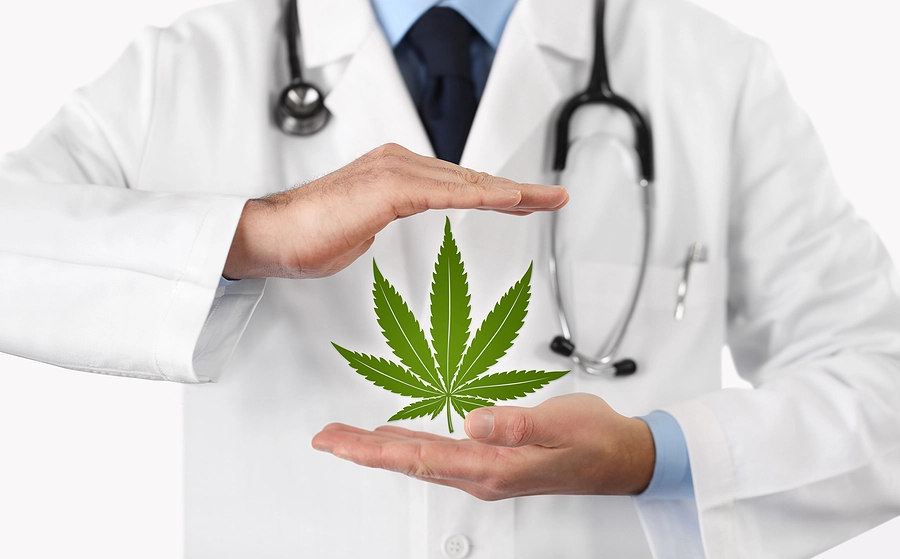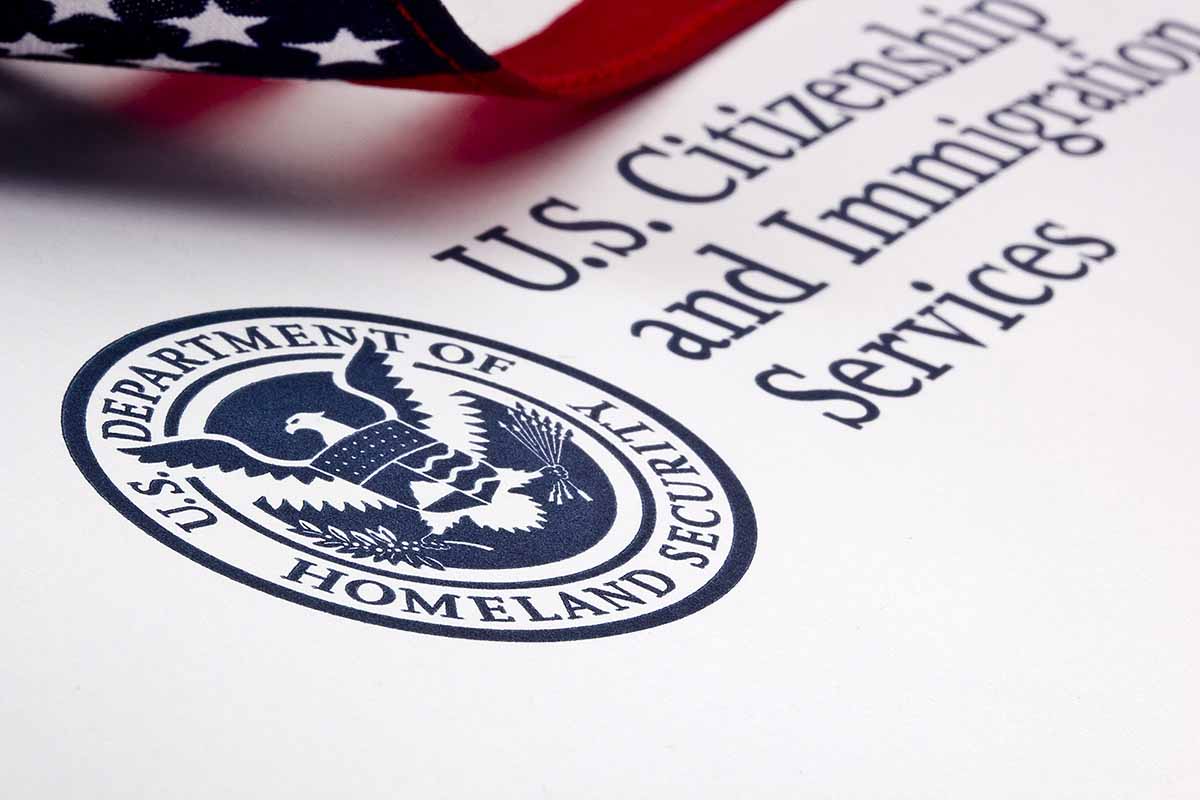Marijuana has steadfastly been listed by the DEA as a Schedule I Controlled Substance, the most highly restricted category. Schedule I drugs, like heroin, mean that there is no evidence of the drug’s medical efficacy. As recently as 2016, federal regulators concluded that there was no evidence of currently accepted medical use justifying moving marijuana to a less restricted category of drugs.
Recently, the U.S. Department of Health and Human Services (HHS) recommended that marijuana could be moved to Schedule III because 38 states now have approved medical marijuana programs leading to the conclusion that marijuana has a “currently accepted medical usage”. The finding by HHS still has to be approved by the DEA which has the ultimate say whether federal regulations on marijuana can be changed. Schedule III include such drugs as steroids and Tylenol with codeine.
With the advent of numerous state approved marijuana programs there is now a sufficient body of evidence for HHS to conclude that marijuana can be used therapeutically as well as to treat pain, vomiting and other medical conditions. HHS reported that there are more than 30,000 healthcare professionals authorized to recommend the use of marijuana, and more than 6 million registered patients in state regulated programs.
HHS also concluded that marijuana is not as dangerous as other drugs in Schedule I like heroin, or Schedule II drugs like cocaine and fentanyl, or even alcohol which is not scheduled at all. HHS studied these drugs potential for abuse by examining death rates and emergency room visits. Marijuana very rarely resulted in serious adverse outcomes compared with these other highly addictive drugs, particularly heroin and alcohol.
Thus, despite marijuana’s high prevalence of abuse, the lack of serious outcomes related to that abuse resulted in HHS’s conclusion that marijuana is more properly categorized as a Schedule III drug.
Should the DEA accept and adopt this recommendation, the real world consequences are a positive step forward for people using, growing and distributing marijuana because the criminal penalties are dramatically reduced. Given the empirical data now available, it seems antiquated and non-scientifically based to keep marijuana as a Schedule I controlled substance. Whether it should de-scheduled completely and simply regulated like alcohol and tobacco is for another day, perhaps after a lengthier period of study.
Stahl Gasiorowski Criminal Defense Attorneys actively and aggressively protect clients’ rights and have represented numerous clients faced with drug charges in federal and state courts. To contact Mr. Stahl, call 908.301.9001 for the NJ office and 212.755.3300 for the NYC office, or email Mr. Stahl at rgs@sgdefenselaw.com.



